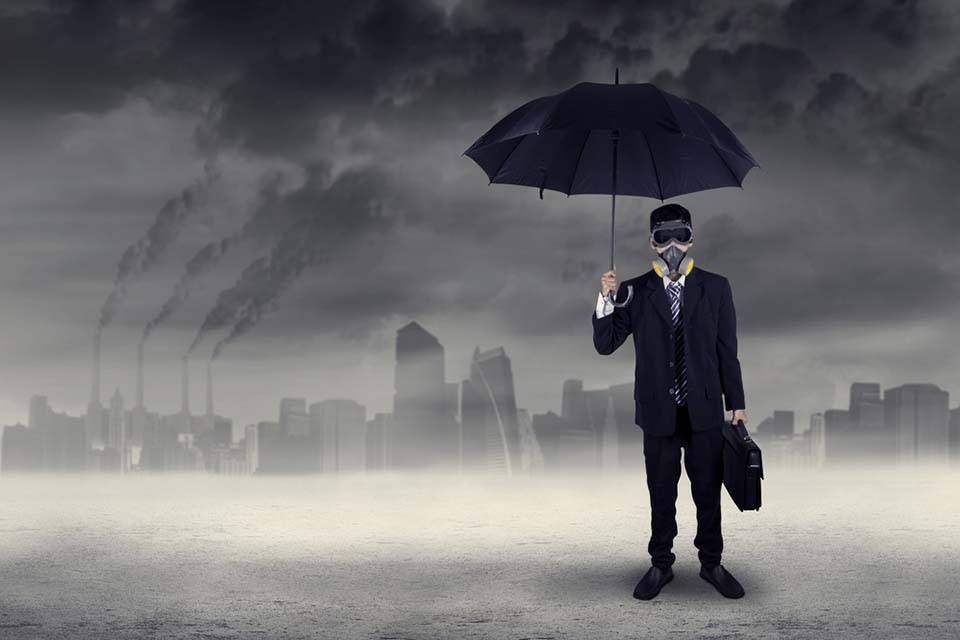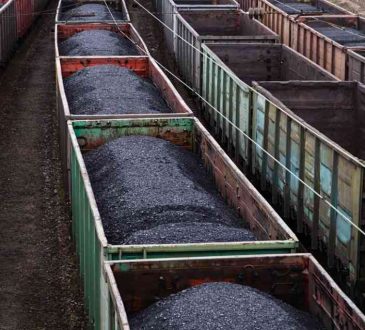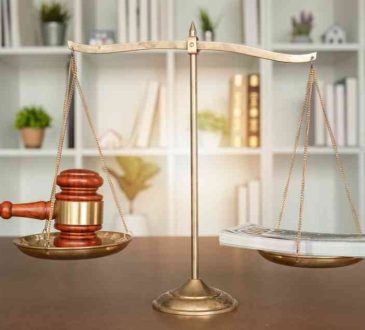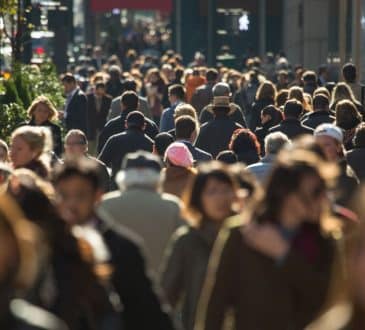The Science Around Air Pollution – How Do We Affect It?

Air pollution is responsible for a variety of matters that appear to be dangerous for human life and life around the planet overall. The planet is warming up and while some people claim this has happened in the past and shouldn’t concern us that much because the planet adjusts to the conditions, scientists support the idea that this is a rather crucial change with many impacts. Ice on the poles melts and the sea level rises threatening many big cities with extinction in the next few years. At the same time, an important parameter that most people are not aware of is the existence of tiny particles in the atmosphere that cause many diseases on humans’ respiratory systems, and in extreme cases, they can even lead to death. The finer the particles the further they enter the human body.
Here, we present the ones that are strictly linked with human activity
- Transportation and the future of energy sources
Whatever we do and whenever human activity takes place polluting gas and particles are being emitted. This also happens with all sorts of transportation. Using gas to move our cars is not good for air pollution. So what about other sources of energy? If the oil is so harmful to mother earth, surely scientists should have another alternative for us to use in order to produce energy, right? Well, as optimistic scientists can be, academics of finances don’t share the same view. According to them when an alternative energy source comes up, the price of oil will reduce significantly. Once the price of oil drops, countries that are now less wealthy will have the ability to buy oil at small prices and achieve development for their nations. In other words, as long as there is an energy source at a low price there is no way it will not be used and in our case this energy source is oil. The only way to prevent its consumption and therefore the pollution it creates it’s to forbid it and this is not as easy as it may sound. - Agriculture
Growing plants and feeding animals is also a huge source of pollution. For many vegetarians, this is a solid argument about turning to a greener diet. Fewer animals mean fewer emissions. This is true however, it does not refute the fact that even if we stop consuming animals’ meat, we will still need to eat vegetables and their growing, the way it is taking place, is also polluting the ecosystem. Others who are more skeptical claim that if we change the way we cultivate and produce meat the problem will be solved. Science has made some efforts on this matter trying to substitute all kinds of food that are grown on earth to others that are produced in the lab. No matter how we decide to move on one thing is for sure, the main problem arises from the fact that we over produce food. Not only do we produce more than we need, but we also throw most of them away. The garbage that comes from food charges the planet with further emissions. - Indoor emissions
As surprising as it may sound cleaning the house is not as innocent as you think. All the chemicals we use to clean the surfaces are sending out small amounts of polluting substances. This would not be a problem if only a few households were doing this. However, when something is done by the mass, it creates a trend. In the past, the market was not equipped with so many tools to help you clean the house. Once these products became available for the average person people started using them. One would expect that this would be a perfect way to save time. What actually happened was completely different. People continued to spend the same amount of time cleaning even though the process was more efficient. They simply started cleaning more. The washing machine for clothes gives the perfect example of that. Cleaning the clothes became a fast task but people started washing their clothes more often leading to further pollution for the environment. - Industrial emissions
The quality of air industries emit to the atmosphere, unexpectedly affects the whole ecosystem. Strict laws and fines are being imposed on those who exceed the annual limit of emissions. This works both for private businesses and countries. That is right each country has to discipline the rules of global institutions that are responsible for air pollution. While vacuuming your carpet lets all the small particles come on the surface spread out to the area you breathe causing respiratory issues, industrial emissions will always be in mass production threatening the globe on different scales.
Here’s what you’ve missed?
Rankings. Best Countries.
Best Books. Richest List.
Richest Women In The World In 2021.
Add CEOWORLD magazine to your Google News feed.
Follow CEOWORLD magazine headlines on: Google News, LinkedIn, Twitter, and Facebook.
Copyright 2024 The CEOWORLD magazine. All rights reserved. This material (and any extract from it) must not be copied, redistributed or placed on any website, without CEOWORLD magazine' prior written consent. For media queries, please contact: info@ceoworld.biz








